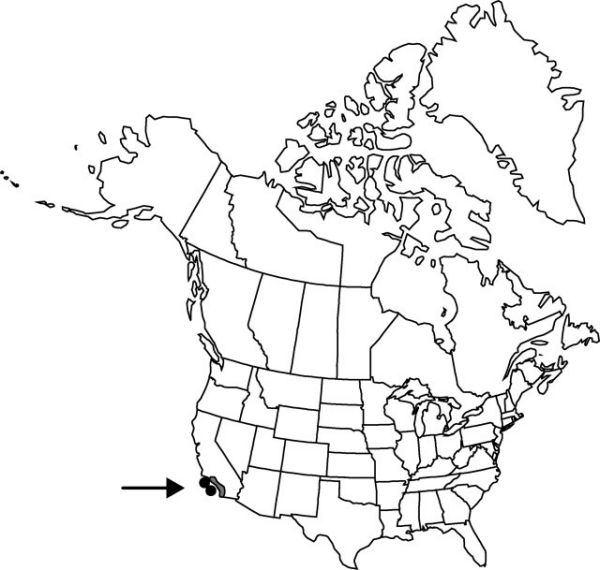Allium praecox
Zoë 5: 228. 1906.
Bulbs 1–3, increase bulbs absent or ± equaling parent bulbs, never appearing as basal cluster, not clustered on stout primary rhizome, ovoid to globose, 1–1.8 × 1–1.7 cm; outer coats enclosing 1 or more bulbs, gray-brown to brown, prominently cellular-reticulate, membranous, cells arranged in ± vertical rows, forming irregular herringbone pattern, transversely elongate, V-shaped, without fibers; inner coats white, cells obscure, ± transversely elongate, contorted. Leaves persistent, withering from tip by anthesis, 2–3, basally sheathing, sheaths not extending much above soil surface; blade solid, flat, broadly channeled, carinate, 20–75 cm × 5–10 mm, margins entire. Scape persistent, solitary, erect, solid, terete, 20–60 cm × 2–4 mm. Umbel shattering after seeds mature, each flower deciduous with its pedicel as a unit, erect, loose, 5–40-flowered, hemispheric, bulbils unknown; spathe bracts persistent, 2, 5–7-veined, lanceolate to lance-ovate, ± equal, apex acuminate. Flowers stellate, 6–13 mm; tepals spreading at anthesis, white to pale pink with purple midveins, lance-ovate to ovate, ± equal, becoming papery and connivent over capsule, margins entire, apex acute, obtuse, or emarginate; stamens included; anthers purple and yellow; pollen yellow; ovary crested; processes 3, central, 2-lobed, minute, margins entire; style linear, equaling stamens; stigma capitate, scarcely thickened, unlobed; pedicel 15–40 mm. Seed coat shining; cells minutely roughened. 2n = 14.
Phenology: Flowering Mar–May.
Habitat: Clay soil on shaded, grassy slopes near coast
Elevation: 50–800 m
Distribution

Calif., Mexico (Baja California).
Discussion
Selected References
None.